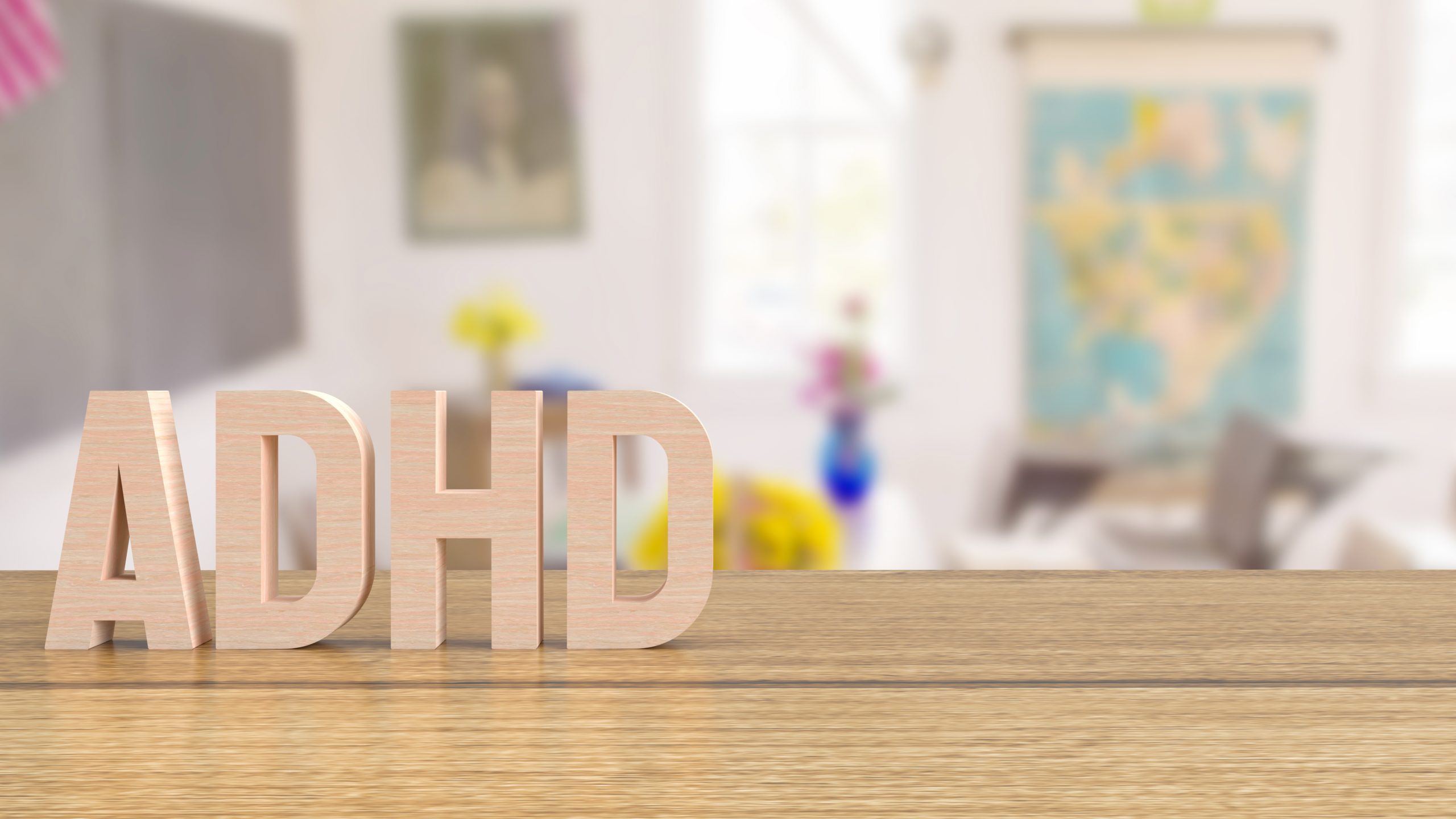
Many people assume ADHD is something only kids deal with, but that’s far from the truth. Adult ADHD often goes undiagnosed, leaving people struggling with focus, productivity, and organization in ways they don’t even realize are linked to their brain’s wiring. If you’ve ever wondered why certain work tasks feel impossible while others breeze by, it might not just be a “bad habit”—it could be a sign of ADHD. Recognizing these symptoms can be the first step toward finding better strategies to manage them. Let’s explore five common work struggles that could actually be symptoms of adult ADHD.
1. Constantly Missing Deadlines (Even When You Care About Them)
Do you find yourself scrambling at the last minute, no matter how early you start a project? People with ADHD often struggle with time blindness, making it difficult to gauge how long a task will take. Even with the best intentions, deadlines sneak up because time either feels endless or nonexistent. Procrastination isn’t about laziness—it’s often a response to overwhelm, where the brain avoids tasks until urgency kicks in. If you constantly miss deadlines despite caring about your work, ADHD could be the hidden culprit.
2. Trouble Focusing (But Also Hyperfocusing)
Distractions at work might seem normal, but ADHD makes it especially hard to filter out irrelevant noise. You might jump between tasks, start multiple projects without finishing them, or lose track of what you were doing moments ago. But here’s the kicker—ADHD doesn’t just mean lack of focus; it can also mean hyperfocus. When something deeply interests you, hours can pass without noticing, leaving other priorities neglected. If your attention span feels like an on-off switch, it might not be a personal flaw—it could be ADHD at play.
3. Difficulty Staying Organized (No Matter How Hard You Try)
No matter how many planners, to-do lists, or apps you use, does your workspace still feel like chaos? ADHD makes it hard to create and stick to systems that keep things in order. Important papers go missing, emails pile up, and remembering where you put something can feel like solving a mystery. This isn’t about not trying hard enough—it’s about the brain struggling to categorize and maintain structure. If staying organized feels impossible, even when you desperately want to be, it could be a symptom of ADHD.
4. Forgetting Important Tasks (Even If You Just Thought About Them)
Ever walked into a meeting and realized you completely forgot what you were supposed to bring? Or promised to email a coworker back, only to remember hours later when it’s too late? ADHD impacts working memory, making it easy to forget things—even ones that just crossed your mind. It’s not carelessness; it’s a neurological challenge in holding onto information long enough to act on it. If you frequently forget tasks despite your best efforts, ADHD could be the underlying reason.
5. Feeling Overwhelmed by Simple Tasks

Does looking at a long email make you feel like shutting down? Small tasks, like responding to messages, filing reports, or scheduling meetings, can feel disproportionately exhausting for people with ADHD. This often happens due to executive dysfunction, which makes it hard to break tasks down and start them. Instead of tackling things one by one, everything blurs together into an overwhelming mess. If you feel paralyzed by simple tasks that others handle easily, ADHD could be affecting your workflow.
Recognizing ADHD at Work Can Lead to Better Solutions
If these struggles sound familiar, it’s worth exploring whether ADHD could be a factor. Many adults spend years feeling frustrated with themselves, not realizing their challenges stem from an actual condition. The good news is, once you recognize the pattern, you can find strategies that work with your brain instead of against it. Tools like time-blocking, external reminders, and ADHD-friendly work environments can make a huge difference.
Have you ever faced similar struggles at work? Share your thoughts in the comments!
Read More:
Self-Destruction: 8 Everyday Habits That Secretly Destroy Your Mental Health
Your Money, Your Problems: 7 Reasons Money Is Destroying Your Mental Health

Latrice is a dedicated professional with a rich background in social work, complemented by an Associate Degree in the field. Her journey has been uniquely shaped by the rewarding experience of being a stay-at-home mom to her two children, aged 13 and 5. This role has not only been a testament to her commitment to family but has also provided her with invaluable life lessons and insights.
As a mother, Latrice has embraced the opportunity to educate her children on essential life skills, with a special focus on financial literacy, the nuances of life, and the importance of inner peace.
